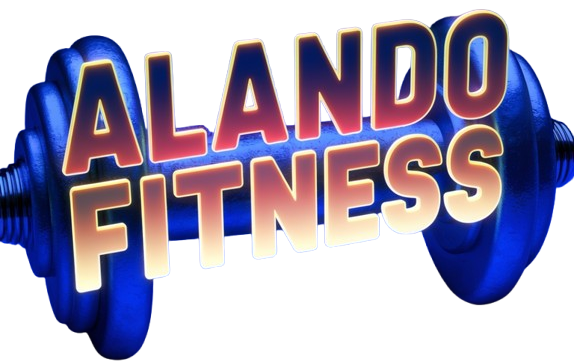Power on a Platter: The Weight Training Nutrition Handbook
When it comes to weight lifting, the adage "you are what you eat" rings especially true. The right diet can significantly enhance your performance, recovery, and overall strength gains. Whether you are a seasoned lifter or just starting out, understanding how to fuel your body is crucial for maximizing your potential in the gym. This guide offers essential insights into creating a balanced weight lifting diet that’s tailored to meet your goals.
The Importance of Nutrition
Nutrition is a key player in the weight lifting game. Proper fuel helps your body to function optimally during workouts and aids in recovery afterward. Without the right nutrients, you may find yourself hitting plateaus, suffering from fatigue, or even risking injury. A well-rounded diet supports muscle growth, improves endurance, and can accelerate your overall progress.
Macronutrients Essentials
1. Proteins
Proteins are the building blocks of muscle repair and growth. Including sufficient protein in your diet is vital for anyone engaged in weight training. Aim for lean protein sources such as chicken, turkey, fish, eggs, dairy products, and plant-based options like beans and lentils. A good target is to consume about 1.2 to 2.0 grams of protein per kilogram of body weight, depending on your training intensity and goals.
2. Carbohydrates
Carbs provide the energy necessary for effective workouts. They are particularly important for endurance and strength training sessions. Opt for complex carbohydrates like whole grains, fruits, and vegetables to sustain energy levels throughout the day. Carbohydrate intake can also be adjusted based on your training schedule; consider consuming more before intense workouts and replenishing afterward.
3. Fats
Healthy fats are another crucial component of a well-rounded diet. Sources such as avocados, nuts, seeds, and olive oil not only provide energy but also play essential roles in hormone production and nutrient absorption. Aim for a balanced intake of fats while focusing on unsaturated fats to support overall health.
Timing Your Meals
Meal timing can also impact your performance. Consider the following strategies to optimize your nutrition around workouts:
-
Pre-workout: Have a meal rich in carbohydrates and moderate in protein about one to two hours before lifting. This can provide the necessary energy for your session.
-
Post-workout: Consuming a combination of protein and carbs shortly after lifting helps in muscle recovery and replenishing glycogen stores. Aim to eat within 30 to 60 minutes after your workout.
Staying Hydrated
Hydration is often overlooked but is vital for optimal performance. Even mild dehydration can affect strength and endurance. Make sure to drink plenty of water throughout the day, and consider electrolyte drinks if you are engaging in prolonged or intense workouts.
Conclusion
Adopting the right dietary strategy can enhance your weight lifting results significantly. Focus on a balanced intake of proteins, carbohydrates, and fats, while staying hydrated and timing your meals wisely. By fueling your body correctly, you pave the way for greater strength gains, improved recovery, and overall success in your fitness journey. Remember, a powerful lifting session starts with the power on your plate!


